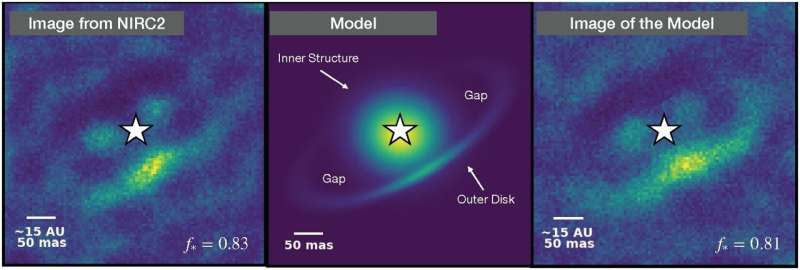Caribou Biosciences announced on March 4, 2024, that its off-the-shelf CAR-T therapy, known as vespa-cel (previously referred to as CB-010), has demonstrated significant effectiveness in treating patients with advanced B-cell lymphoma. Preliminary results from the study reveal that 64% of the patients achieved complete remission, while the overall response rate stood at 82%. These findings suggest that off-the-shelf therapies could provide a viable alternative to traditional, patient-specific CAR-T treatments.
The study’s results are noteworthy as they compare favorably to benchmarks established by existing CAR-T therapies currently on the market. Caribou’s advancements in this area come after years of challenges faced by the off-the-shelf CAR-T sector, which has struggled to gain traction. With these promising results, the company aims to enhance accessibility to cell therapies for patients battling blood cancers.
Study Highlights and Patient Outcomes
In the trial, which involved patients with advanced B-cell lymphoma, the efficacy of vespa-cel was closely monitored. Remarkably, by the one-year mark, 51% of the patients who received the therapy remained alive without any worsening of their cancer. These results highlight the potential of this therapy to not only induce remission but also prolong survival in patients who often face limited treatment options.
While these findings are preliminary, they provide a foundation for further research and development in the field of CAR-T therapies. The ability to use an off-the-shelf product could simplify the treatment process and reduce costs associated with personalized treatments. As a result, it may open new avenues for patients who require immediate intervention.
Future Implications for CAR-T Therapy
The promise shown by Caribou Biosciences could signal a shift in how CAR-T therapies are developed and administered. If further studies confirm these initial findings, it could lead to broader adoption of off-the-shelf therapies, making them a standard option in the fight against blood cancers.
The implications of this research extend beyond individual treatment outcomes. Enhanced access to effective therapies could significantly improve the quality of life for many patients suffering from advanced blood malignancies. As the medical community continues to assess these findings, Caribou’s innovative approach may play a crucial role in reshaping cancer treatment protocols.
In conclusion, the preliminary results from Caribou’s study on vespa-cel highlight a significant advancement in CAR-T therapy. As the landscape of cancer treatment continues to evolve, the potential for off-the-shelf solutions represents an exciting frontier that could ultimately benefit countless patients worldwide.







